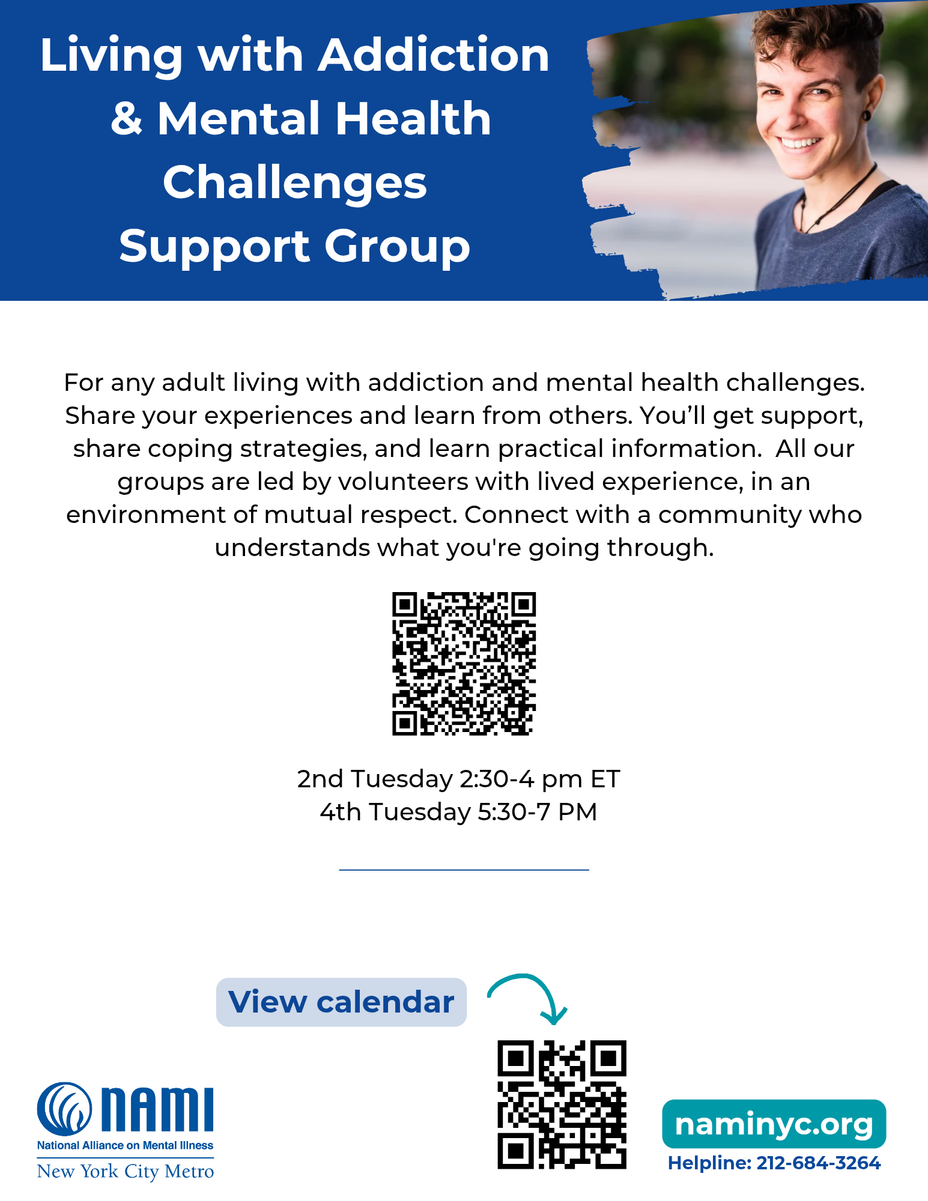𝙃𝙚𝙡𝙡𝙤 𝙖𝙣𝙙 𝙬𝙚𝙡𝙘𝙤𝙢𝙚 𝙩𝙤 𝙩𝙝𝙚 𝓒𝓸𝔃𝔂 𝓒𝓸𝓿𝓮 𝓒𝓪𝓯𝓮!
Feel free to chat daily about whatever is on your mind (that follows the rules of this website) AND/OR answer mental health check-in questions below (you can choose whether you prefer to answer daily or weekly -- as the questions will be rather...repetitious.)
The more "fun questions" are under the section of 𝑰𝒏𝒕𝒓𝒂𝒑𝒆𝒓𝒔𝒐𝒏𝒂𝒍 𝑷𝒓𝒐𝒎𝒑𝒕𝒔.
█▓▒░⡷⠂𝓜𝓮𝓷𝓽𝓪𝓵 𝓗𝓮𝓪𝓵𝓽𝓱 𝓒𝓱𝓮𝓬𝓴 𝓲𝓷⠐⢾░▒▓█
༘ ೀ⋆。˚𓍢ִ໋☕️✧˚ ༘ ⋆
☼𝐃𝐚𝐢𝐥𝐲 𝐂𝐡𝐞𝐜𝐤-𝐈𝐧☼
˚ ༘ ೀ⋆。˚𓍢ִ໋☕️✧˚ ༘ ⋆
1. 𝐇𝐨𝐰 𝐚𝐫𝐞 𝐲𝐨𝐮 𝐟𝐞𝐞𝐥𝐢𝐧𝐠 𝐭𝐨𝐝𝐚𝐲 𝐟𝐫𝐨𝐦 𝐚 𝐬𝐜𝐚𝐥𝐞 𝐨𝐟 1-10 (1 = 𝐡𝐨𝐫𝐫𝐢𝐛𝐥𝐞 𝐚𝐧𝐝 10 = 𝐚𝐦𝐚𝐳𝐢𝐧𝐠)?
2. 𝐖𝐡𝐚𝐭 𝐬𝐞𝐥𝐟-𝐜𝐚𝐫𝐞 𝐝𝐢𝐝 𝐲𝐨𝐮 𝐩𝐫𝐚𝐜𝐭𝐢𝐜𝐞 𝐭𝐨𝐝𝐚𝐲?
3. 𝐖𝐡𝐚𝐭 𝐡𝐚𝐬 𝐛𝐞𝐞𝐧 𝐭𝐚𝐤𝐢𝐧𝐠 𝐮𝐩 𝐲𝐨𝐮𝐫 𝐡𝐞𝐚𝐝𝐬𝐩𝐚𝐜𝐞 𝐭𝐨𝐝𝐚𝐲?
4. 𝐖𝐡𝐚𝐭 𝐰𝐨𝐮𝐥𝐝 𝐦𝐚𝐤𝐞 𝐲𝐨𝐮𝐫 𝐝𝐚𝐲 𝐛𝐞𝐭𝐭𝐞𝐫?
5. 𝐀𝐧𝐲𝐭𝐡𝐢𝐧𝐠 𝐞𝐥𝐬𝐞 𝐲𝐨𝐮'𝐝 𝐥𝐢𝐤𝐞 𝐭𝐨 𝐬𝐡𝐚𝐫𝐞?
☕︎᭡.ೃ࿔*:・☕︎᭡.ೃ࿔*:・
𝐖𝐞𝐞𝐤𝐥𝐲 𝐂𝐡𝐞𝐜𝐤-𝐈𝐧
☕︎᭡.ೃ࿔*:・☕︎᭡.ೃ࿔*:・
1) 𝐇𝐨𝐰 𝐡𝐚𝐬 𝐲𝐨𝐮𝐫 𝐰𝐞𝐞𝐤 𝐛𝐞𝐞𝐧?
2) 𝐖𝐡𝐚𝐭 𝐚𝐫𝐞 𝐲𝐨𝐮𝐫 𝐠𝐨𝐚𝐥(𝐬) 𝐟𝐨𝐫 𝐭𝐡𝐢𝐬 𝐰𝐞𝐞𝐤?
3) 𝐖𝐡𝐚𝐭 𝐰𝐞𝐫𝐞 𝐲𝐨𝐮𝐫 𝐡𝐢𝐠𝐡𝐥𝐢𝐠𝐡𝐭𝐬 & 𝐬𝐭𝐫𝐮𝐠𝐠𝐥𝐞𝐬 𝐟𝐨𝐫 𝐭𝐡𝐢𝐬 𝐰𝐞𝐞𝐤?
4) 𝐖𝐡𝐚𝐭 𝐰𝐨𝐮𝐥𝐝 𝐡𝐞𝐥𝐩 𝐦𝐚𝐤𝐞 𝐲𝐨𝐮𝐫 𝐰𝐞𝐞𝐤 𝐛𝐞𝐭𝐭𝐞𝐫?
5) 𝐀𝐧𝐲𝐭𝐡𝐢𝐧𝐠 𝐞𝐥𝐬𝐞 𝐲𝐨𝐮'𝐝 𝐥𝐢𝐤𝐞 𝐭𝐨 𝐬𝐡𝐚𝐫𝐞?
█▓▒░⡷⠂𝓘𝓷𝓽𝓻𝓪𝓹𝓮𝓻𝓼𝓸𝓷𝓪𝓵 𝓟𝓻𝓸𝓶𝓹𝓽𝓼⠐⢾░▒▓█
₊⊹☕🎧♡‧₊˚₊⊹☕🎧♡
𝐈𝐧𝐭𝐫𝐚𝐩𝐞𝐫𝐬𝐨𝐧𝐚𝐥 𝐏𝐫𝐨𝐦𝐩𝐭𝐬
₊⊹☕🎧♡‧₊˚₊⊹☕🎧♡
1. 𝗛𝗼𝘄 𝗱𝗼 𝘆𝗼𝘂 𝗺𝗮𝗸𝗲 𝘆𝗼𝘂𝗿𝘀𝗲𝗹𝗳 𝗳𝗲𝗲𝗹 "𝗰𝗼𝘇𝘆"? (𝙚𝙭. 𝙈𝙖𝙠𝙚 𝙖 𝙝𝙤𝙩 𝙘𝙝𝙤𝙘𝙤𝙡𝙖𝙩𝙚, 𝙜𝙤 𝙤𝙪𝙩 𝙩𝙤 𝙩𝙝𝙚 𝙥𝙖𝙧𝙠, 𝙡𝙞𝙨𝙩𝙚𝙣 𝙩𝙤 𝙩𝙝𝙚 𝙧𝙖𝙞𝙣, 𝙚𝙩𝙘.)
2. 𝗪𝗵𝗮𝘁 𝘄𝗼𝘂𝗹𝗱 𝘆𝗼𝘂 𝗹𝗶𝗸𝗲 𝘁𝗼 𝗱𝗼 𝗶𝗳 𝘆𝗼𝘂 𝗵𝗮𝗱 𝘂𝗻𝗹𝗶𝗺𝗶𝘁𝗲𝗱 𝗺𝗼𝗻𝗲𝘆?
3. 𝗪𝗵𝗮𝘁 𝗶𝘀 𝗼𝗻𝗲 𝗼𝗳 𝘆𝗼𝘂𝗿 𝗽𝗲𝘁 𝗽𝗲𝗲𝘃𝗲𝘀?
4. 𝗜𝗳 𝘆𝗼𝘂 𝗼𝗻𝗹𝘆 𝗵𝗮𝗱 𝗼𝗻𝗲 𝗱𝗮𝘆 𝗹𝗲𝗳𝘁 𝗼𝗻 𝘁𝗵𝗶𝘀 𝗲𝗮𝗿𝘁𝗵, 𝘄𝗵𝗮𝘁 𝘄𝗼𝘂𝗹𝗱 𝗯𝗲 𝘆𝗼𝘂𝗿 𝗹𝗮𝘀𝘁 𝗺𝗲𝗮𝗹?
5. 𝗪𝗼𝘂𝗹𝗱 𝘆𝗼𝘂 𝗿𝗮𝘁𝗵𝗲𝗿 𝗯𝗲 𝘀𝘂𝗽𝗲𝗿 𝘀𝗺𝗮𝗿𝘁, 𝘀𝘂𝗽𝗲𝗿 𝘀𝘁𝗿𝗼𝗻𝗴, 𝗼𝗿 𝘀𝘂𝗽𝗲𝗿 𝗮𝘁𝘁𝗿𝗮𝗰𝘁𝗶𝘃𝗲?
6. 𝗪𝗵𝗮𝘁 𝗮𝗿𝗲 𝘆𝗼𝘂 𝗰𝘂𝗿𝗿𝗲𝗻𝘁𝗹𝘆 𝗹𝗼𝗼𝗸𝗶𝗻𝗴 𝗳𝗼𝗿𝘄𝗮𝗿𝗱 𝘁𝗼?
7. 𝗗𝗼 𝘆𝗼𝘂 𝗰𝗼𝗻𝘀𝗶𝗱𝗲𝗿 𝘆𝗼𝘂𝗿𝘀𝗲𝗹𝗳 𝗮𝗻 𝗶𝗻𝘁𝗿𝗼𝘃𝗲𝗿𝘁 𝗼𝗿 𝗲𝘅𝘁𝗿𝗼𝘃𝗲𝗿𝘁?
8. 𝗪𝗵𝗮𝘁 𝗮𝗿𝗲 𝘆𝗼𝘂 𝗺𝗼𝘀𝘁 𝗽𝗮𝘀𝘀𝗶𝗼𝗻𝗮𝘁𝗲 𝗮𝗯𝗼𝘂𝘁?
9. 𝗪𝗵𝗮𝘁 𝗶𝘀 𝘆𝗼𝘂𝗿 𝗶𝗱𝗲𝗮𝗹 𝘃𝗮𝗰𝗮𝘁𝗶𝗼𝗻?
10. 𝗪𝗵𝗲𝗻 𝘆𝗼𝘂 𝗳𝗲𝗲𝗹 𝗱𝗼𝘄𝗻, 𝗱𝗼 𝘆𝗼𝘂 𝗽𝗿𝗲𝗳𝗲𝗿 𝘁𝗼 𝗯𝗲 𝗹𝗲𝗳𝘁 𝗮𝗹𝗼𝗻𝗲 𝗼𝗿 𝗰𝗵𝗲𝗲𝗿𝗲𝗱 𝘂𝗽 𝗼𝗿 𝘀𝗼𝗺𝗲𝘁𝗵𝗶𝗻𝗴 𝗲𝗹𝘀𝗲?
The check-ins and question prompts are only suggestions, no need to do them if you don't feel like it. You can even pick and choose whichever questions you want.
I made this space/post to connect with others and offer support (if wanted), or a place to vent.
#MentalHealth #Depression #Anxiety #Autism #PTSD #ComplexPosttraumaticStressDisorder #ChronicPain








